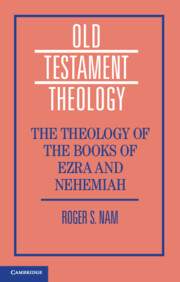This paper provides a new explanation for the insertion of *a in plural forms of *CVCC- nouns also formed with an external plural suffix, e.g. *ʕabd- : *ʕabad-ū- ‘servant(s)’, in various Semitic languages. This *CVCaC-ū- pattern is usually considered to be a remnant of the Proto-Semitic broken plural system in Northwest Semitic, but we show that it goes back to Proto-Semitic in this form. Internal evidence from Semitic as well as comparative evidence from Afroasiatic points towards a pre-Proto-Semitic plural suffix *-w- underlying the external plural suffixes. This suffix created a consonant cluster in the plural of *CVCC- nouns, triggering epenthesis of *a. As the prime example of broken plural formation in Northwest Semitic thus seems to be purely suffixal in origin, we conclude by briefly considering the implications for the history of nominal pluralization in Semitic.


